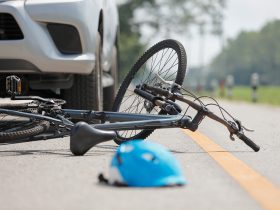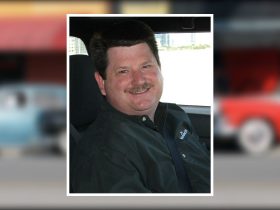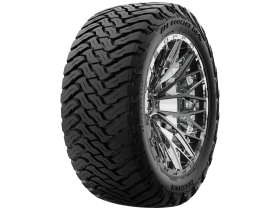If you’re in a car crash, do you know what you should do?
Unfortunately, car crashes do happen, and you need to be aware of how you should act and what you need to do if you are ever in one.
While ultimately, you should hope that you don’t ever need to put these best practice tips into action, as a good driver, you do need to know what to do.
In this article, we’ll explore what you need to do if you have a crash. We’ll also talk about what you can expect and the type of information that is relevant to record.
What To Do Immediately After The Accident
As soon as you crash, you need to stop. Make sure that it is safe to do this. If you’re out on a busy road with several lanes, you’ll need to get across safely to the side of the road.
Once you’ve stopped, turn off the engine and switch your hazards on.
Check to see whether you or anyone else in the car have any injuries. Then, call the emergency services. You’ll need the police and, if anyone has any injuries, an ambulance too.
Try to remain as calm as you can. Take long, slow deep breaths to get plenty of oxygen into your body.
Once you are able to, try and take stock of the situation. Remember to keep calm. Don’t get angry. If you feel yourself getting angry, take a step back because it could be problematic in this type of situation.
Admitting Liability
Whether the accident was your fault or not, don’t take the blame for the accident. Don’t even apologize for it, as to so may seem like you’re admitting liability.
Similarly, don’t accuse the other party. Try and keep everything amicable. It will be for your insurance company and car accident lawyer to try and ascertain who was responsible for the crash.
Exchanging Details
Following an accident, it is important that you gather as much information as possible. This will all be needed by your insurance company, and then later on by any lawyers.
Give your name, address, and contact details to anyone else who was involved in the crash. You should also get this information from anyone else who was in the crash, as well as any onlookers who may have witnessed the accident.
Take the registration details of any of the other vehicles and find out if the person driving the vehicle is the legal owner.
Gathering Further Information
Note down the exact time that the crash happened. Try and make a note of details such as the weather and the lighting conditions.
Note down all of the damage that you can see on the other vehicles and to your own. And, make a note about any injuries that everyone involved might have had.
When you’re still at the scene, take as many photos as you can of the damage to your vehicle and the other vehicles. Take photos of the general scene, including the position of the vehicles, and skidmarks if this is possible.
All of this information will come in very useful when contacting the insurance company.
A dashcam is useful in these circumstances. If you have one, make sure that you save the footage immediately so that your insurance company can view it.
Calling The Police
You should call the police following the accident if the other vehicle leaves the scene before you’ve exchanged details.
You should let the police know if you suspect that the other driver may have been driving under the influence of drink or drugs and if you believe they might not have any insurance. If you think that the crash was caused intentionally, this should also be reported.
Report the accident as soon as possible after it happens. A failure to do so may reflect badly on you.
Call Your Insurance Company
Call your insurance company as soon after the accident as possible. If possible, call them at the time of the accident. For this reason, it’s always handy to have the contact details of your insurer along with your policy details saved on your phone.
The earlier you can call them, the better, as the information will still be in fresh in your mind.
Even if there is no claim to be made, you should still inform your insurer. The other party may try and make a claim against you, even if they say there are not going to.







